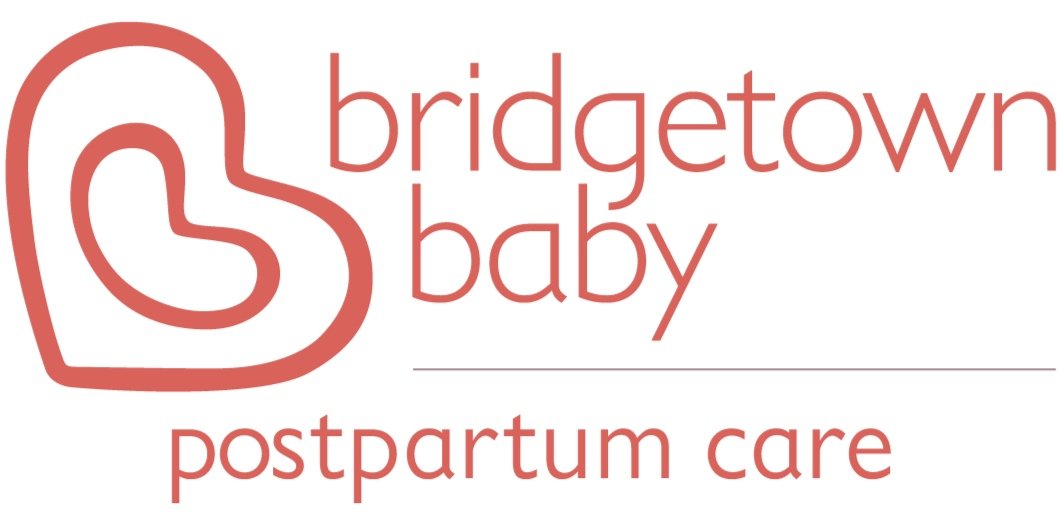How to Get Rid of Baby Chest Congestion
Snuffle, sniffle, snuffle. Baby congestion is a common yet dreaded sound in the homes of many new parents. Hearing those stuffy sounds from your infant can bring up concerns about your baby’s health - is my congested baby sick? Could this be serious? And you may feel some practical concerns as well: how will nasal and chest congestion impact my baby’s ability to sleep, and will it cause interruptions to breastfeeding or bottle feeding?
The good news is that much of the airway congestion you’ll hear from your newborn is normal. Newborn congestion is common, so common, in fact, that the medical establishment defines it as “normal congestion of the newborn.” This is simply developmental: newborns have teeny, tiny nasal passages, and can’t yet breathe through their mouths (except when they’re crying). Congestion can also occur due to the normal amount of reflux that most infants experience.
While an occasional stuffy nose or sneezing isn’t problematic, frequent or acute congestion may be an indicator of an issue that needs the attention of a medical provider. Beyond normal infant reflux, ongoing nose or chest congestion can be associated with the medical condition GERD (gastroesophageal reflux disease). And, obviously, viruses and infections can be to blame for a blocked-up nose and baby's congestion.
If you see any of these warning signs when your baby is congested, it’s time to check in with your care provider for potential evaluation and valuable advice:
Baby's Coughing
Your baby is sneezing a lot
Your baby may be eating less than usual
Your baby seems more sleepy than usual or is lethargic
Has a fever higher than 100.4°F (38°C)
A breathing rate over 60 breaths per minute (count for the full minute, since a baby breathes irregularly)
A blue coloring that doesn’t go away
Pauses longer than about ten seconds between breaths
Retractions (the ribs pull in with each breath)
Wheezing, grunting, or whistling sounds while breathing
If your baby has mild congestion, there are a number of fairly simple approaches you can take:
Hold your baby upright to help your baby breathe easy
Helping your baby to spend time upright in your arms or in a baby carrier can ease stuffy breathing, as well as provide comfort to a baby who’s not feeling well. Carrier naps can help ease congestion and make your baby sleep solidly and can drain extra mucus in their nose when they’re struggling with nasal congestion.
Use a cool mist humidifier in your baby’s room
A cool mist humidifier adds moisture to the air, which can ease nose congestion. It can help to familiarize yourself with how to use a humidifier correctly and safely.
Use saline drops or spray
Nasal saline drops or spray can help to soften and loosen mucus that’s causing infant congestion and help relieve cough and cold - while babies generally don’t enjoy the application, the effect can help baby's stuffy nose and throat.
Use a nasal aspirator
You can use a nasal aspirator to suction out the mucus from your baby’s nose. This can be especially helpful if your baby has a runny nose, just before feeding and sleeping, and works especially well in conjunction with saline drops/spray. It is fine to use a typical bulb syringe to clear excess mucus, but it can cause irritation to the nasal passages if not used correctly to remove mucus - and this irritation can actually cause more congestion. Some caregivers prefer to use a product like the NoseFrida, a type of nasal aspirator that sucks mucus with less impact on the inside of your baby’s nose.
Watch a pediatric nurse demonstrate two different nasal aspirators to remove excess mucus.
Challenges in feeding that result from congestion in infants are another reason that it’s great to have an ongoing relationship with a lactation consultant, for advice and support to keep the feeding relationship going strong through any kind of bump in the road. Your visit with one of Bridgetown Baby’s lactation consultants may be covered by insurance.
For any challenge that comes with parenting a new baby, the first time it crops up is often the hardest. Knowledge - along with a little boost of skill-building - is power! Armed with an understanding of why newborn babies experience congestion and a few tried and true tactics for helping your congested baby's nose and chest to be more comfortable, you’re ready to face the inevitable with confidence.
Sources:
https://llli.org/why-infant-reflux-matters/
https://www.chop.edu/conditions-diseases/newborn-warning-signs
https://www.saintlukeskc.org/health-library/stuffy-nose-sneezing-and-hiccups-newborns
https://www.mayoclinic.org/diseases-conditions/common-cold/in-depth/humidifiers/art-20048021




